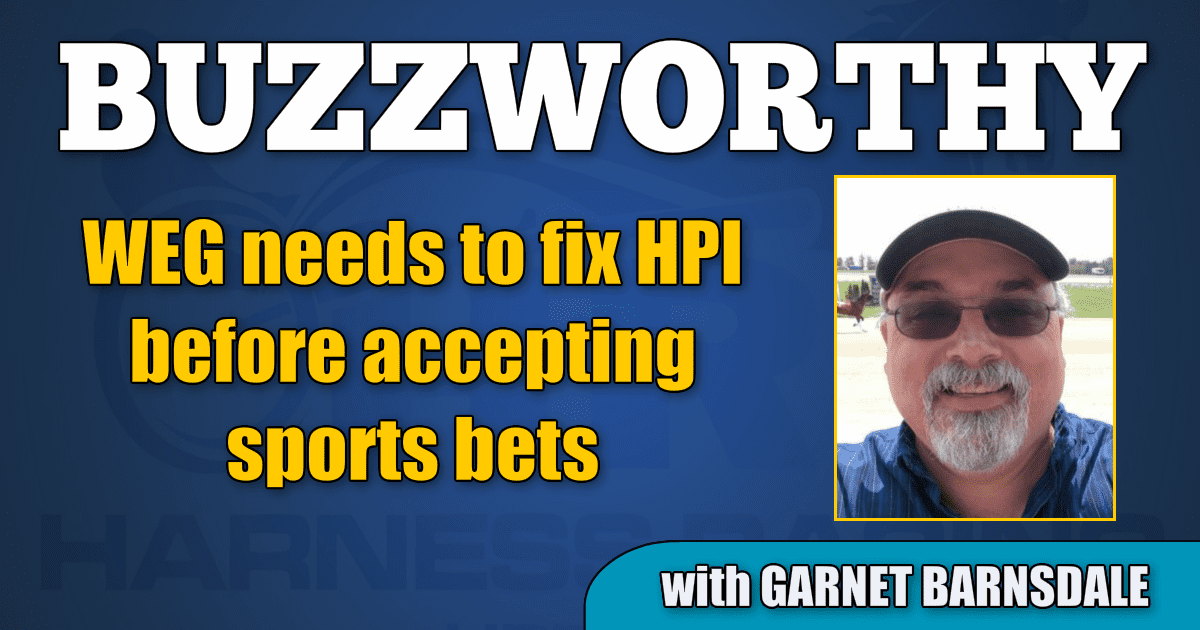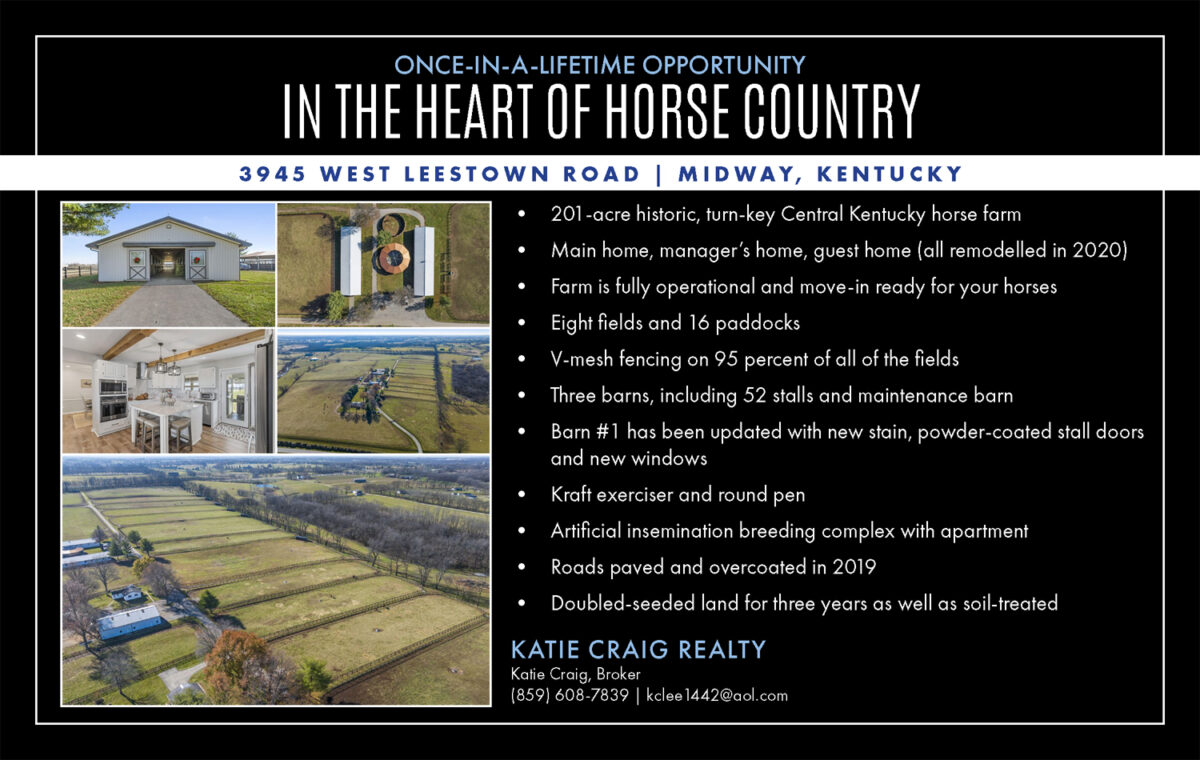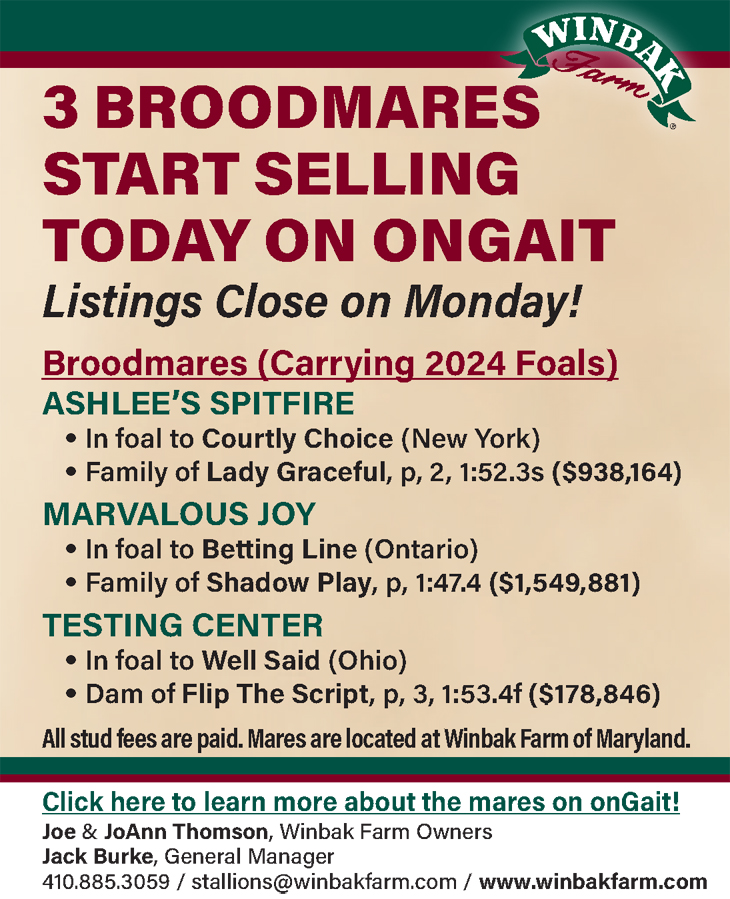

WEG needs to fix HPI before using it to accept sports bets
by Garnet Barnsdale
There was a buzz in the news this week in Toronto around the Woodbine Entertainment Group (WEG) putting its oar in the water regarding individual game sports betting, which would in turn benefit their racing operations.
Woodbine CEO Jim Lawson indicated in a Toronto Sun article written by Rob Longley his strong interest in getting his company involved in what could be a boon for Woodbine. “Sports betting is very much on our radar screen,” Lawson said. “We are very strong believers that with the infrastructure of our tote system and our (online wagering system, HPI) that we already have the whole backbone to run sports betting. We think that not only do we have a lot to offer, but we need to participate in sports wagering.”
While Woodbine’s potential involvement does seem to offer some promise for the province’s horse racing industry, it was Lawson’s statement about the company’s wagering platform which seemed to suggest it would be turnkey for accepting sports wagering that stuck with me.
The HPI online wagering platform is a monopoly in Ontario as current laws forbid Canadians from opening accounts with similar American betting sites. That presents several problems for local bettors when betting tracks outside of the country.
Problem number one is different and higher takeout rates due to the WEG group charging a higher price to bettors at many U.S. tracks. Now, I am no expert on cost of accepting other signals and all that goes into that and it is likely a factor in the higher pricing, but one thing I can tell you with reasonable certainty is if you charge customers a higher price than what they believe give them a fair chance of winning, they’ll start taking their action elsewhere. This is especially true when their wagering rivals are betting at a lower takeout rate. There is no way sports betting will work here if there are egregious differences in the traditional 10 per cent “juice” charged on each single game wager.
The best way to describe problem number two – differing minimum wagers — is by recounting a recent personal experience encountered when I tried to bet into a big carryover pool.
Charles Town Racecourse isn’t a track I typically play, but when I saw several tweets trumpeting a $250,000 carryover into a mandatory payout pool with a 20-cent minimum bet, I knew this was likely going to be a zero takeout situation, the best betting opportunity in horse racing, if not any form of gambling. I had to jump in.
I spent close to two hours studying past performances, watching replays and constructing my play, finally deciding on a $288 ticket – a large wager for me – which I was convinced would connect. Imagine my surprise when I opened my HPI account to discover that the minimum bet on this Pick 6 was $2! This wildly different minimum bet would increase the cost of my ticket tenfold, and I wasn’t playing a $2,880 ticket.
As it turned out, I got five of six winners and would have lost my $288, but that’s not the point. I wondered how much takeout HPI missed out on from bettors who like me didn’t play at all because of the disadvantageous higher minimum.
Now, I’m not going to suggest that any of this is Woodbine’s fault per se, I imagine there is an issue with the source track being willing to accept the 20-cent bets from Canada. But this kind of thing has been an issue for bettors here for years with no end to the confusion in sight. It is insulting to a bettor who has spent hours working on tickets to open his account page and see that the minimum bet makes the wager unplayable, and Woodbine should care about that from a customer experience perspective. Heck, you still can’t bet dime Supers up here, with the lowest minimum bet being 20 cents for reasons unknown.
In a nutshell, the current HPI system is broken for horseplayers. Shouldn’t that get fixed before anyone starts thinking about placing sports bets through the system?















